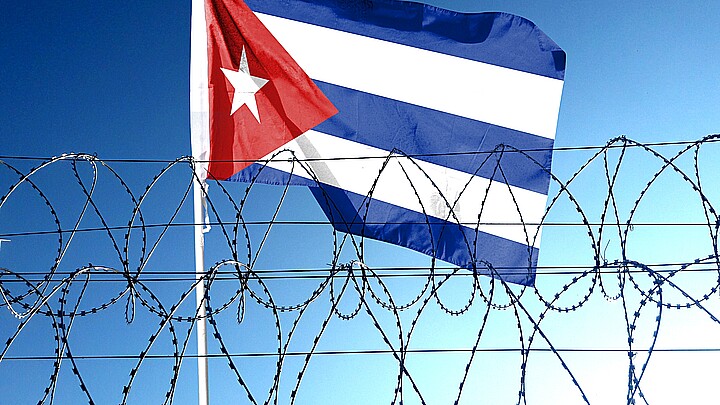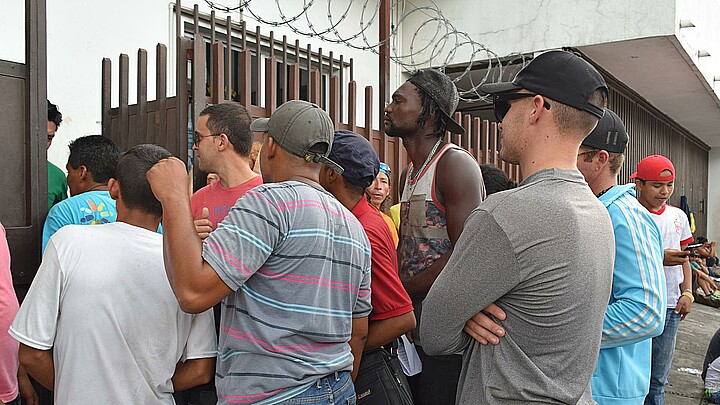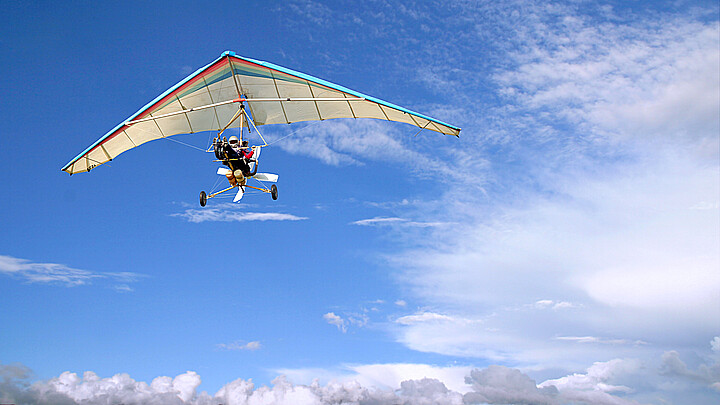Immigration
Cubans spend $10,000 to travel from Nicaragua to the U.S.
The situation in the island has led many to pay the price it takes to leave
March 23, 2022 5:37pm
Updated: March 24, 2022 6:12pm
A Cuban pays an average of $10,000 to get from Nicaragua to the United States, a young man named Carlos, who preferred anonymity, told the BBC on March 23.
"When you arrive in Nicaragua, they are waiting for you, and from there, they take you to Honduras. It costs an average of $10,000 in total because it is not only the very expensive ticket but also giving money to the coyotes for each country you pass through and giving money to the police if they stop you so they don't take you to jail and deport you,” said the young man.
Given the scarcity of direct flights between Cuba and Nicaragua, many have had to resort to travel through third countries, either in the Caribbean or Central America. The price of these flights ranges between 3,000 and 5,000 dollars, according to the British media.
"I went through five countries, rode airplanes, crawlers, boats, buses, trucks full of cow dung... I crossed the jungle, climbed hills that I thought I was dying. I left Cuba on December 22 and finally arrived at the border on January 10 of this year," said Luisa.
The situation has caused several nations in the area to begin to impose entry restrictions for Cubans through, such as Panama, Costa Rica and Colombia.
According to U.S. Customs and Border Protection (CBP) data, nearly 40,000 Cubans arrived at the southern border between November 2021 and February 2022. In the entire previous fiscal year, between October 2020 and October 2021, the figure was just over 38,000.
"It is a kind of silent Mariel. The numbers and the testimonies that are coming in about the number of people who are leaving through Nicaragua are concerning," Jorge Duany, an expert on migration issues at Florida International University, told BBC Mundo.
The relaxation decreed by the president of that country, Daniel Ortega, in apparent agreement with Havana, is a mechanism to pressure Washington to negotiate sanctions against Cuba, added Duany.
“Recurrently, the Cuban government has threatened to open the floodgates," he said, "to allow people to leave the country for political and economic reasons. And that has led the U.S. government on other occasions to sit down and negotiate."
On the other hand, the economic crisis in the country "is propitious for a social outburst," claimed Duany. "This latest migratory situation is coherent with a historical practice of the Cuban authorities, which is to open the valve for the most discontented to emigrate, as they did during the Camarioca crisis in 65, the Mariel crisis in 80 and 94, the so-called crisis of the balseros."










